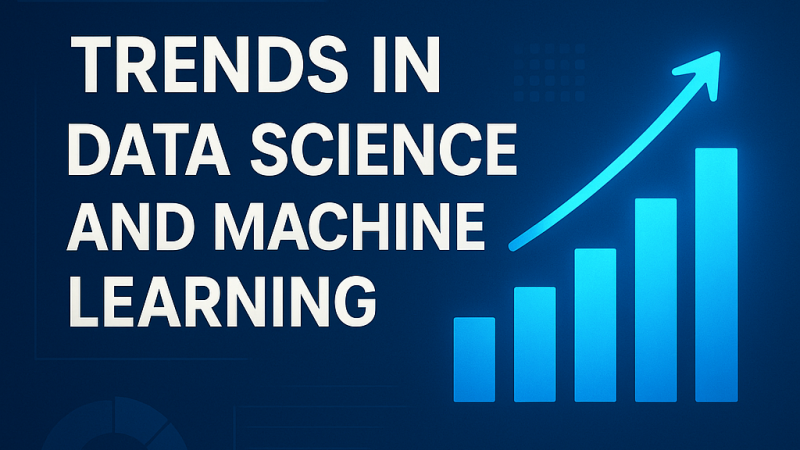How AI is Improving the Financial Spreading Process

One of the biggest sectors of the economy that processes a large amount of information is the financial sector. Reviewing and analyzing financial data is integral to designing business strategies. But sifting through all this data will require enormous amounts of manpower and technology.
This process is the crux of financial spreading. Financial spreading is the process of analyzing financial data and representing it in a detailed yet simple manner. This process usually requires a tedious amount of work for both analysis and representation.
Automated financial spreading is the next big revolution in the financial analysis sector. Artificial Intelligence eases all processes, especially in financial spreading.
With the advent of technology, people inevitably begin relying more and more on computers and technological systems. The advantages of using technology outweigh any drawbacks that may exist, furthering progress and advancement.
The Financial Spreading Process
The financial spreading process is a necessary exercise in banking and financial institutions. Financial spreading aims to break up the analysis of financial data into bite-sized and operational sizes.
This data is essential in making decisions like investment advisories, credit appraisals, and more. Presently, this process is semi-manual, with little technological intervention.
Generally, manual processes require more company or organizational resources, increasing overall costs. Another drawback of a manual financial spreading process is the margin of error.
Every manual process is prone to human error, which is unavoidable, and business decisions made on this data are also prone to error. But with automated financial spreading this margin of error is eliminated, as automated processes are known for their precision.
Advantages of AI in Financial Spreading
Today, financial spreading is mostly a manual process, there is some amount of technology involved, but it is largely dependent on human action. While organizations may be apprehensive of adopting AI and integrating it into their business or financial practices, they should consider the following advantages,
Adaptable Across Technologies
A financial institution uses varied technological packs or software, which are usually specific to a particular function or department. Additionally, these institutions may be spread across the globe and may require a multilingual interface.
AI is a prime solution in this situation, as it can adapt across software types. Advances in technology like NLP also allow AI to integrate multilingual data inputs and convert them into a suitable output.
Speed and Precision
Humans can very rarely outdo machines or technology, especially in speed and precision. AI technology integrates the strengths of manual processes and automated processes. AI processes information faster while going through tons of data thoroughly. There is no margin of error as no data is lost, overlooked, or quantified wrongly.
Completely Malleable
AI systems are completely in control of the organization, allowing them to program it to their discretion. The organization can program the AI interface to process specific data or data in specific ways. Banks or other financial institutions can process the data using different algorithms and gain a much deeper understanding of their strategies.
The ultimate goal of financial spreading is to process an institution’s financial records and data and break it down to its simplest and basic form. This data is then used to improve their business strategies.
Automated financial spreading makes this process faster and effortless while increasing the data’s potentiality. AI allows organizations to do more than they could before, broadening their prospects and efficiency.






